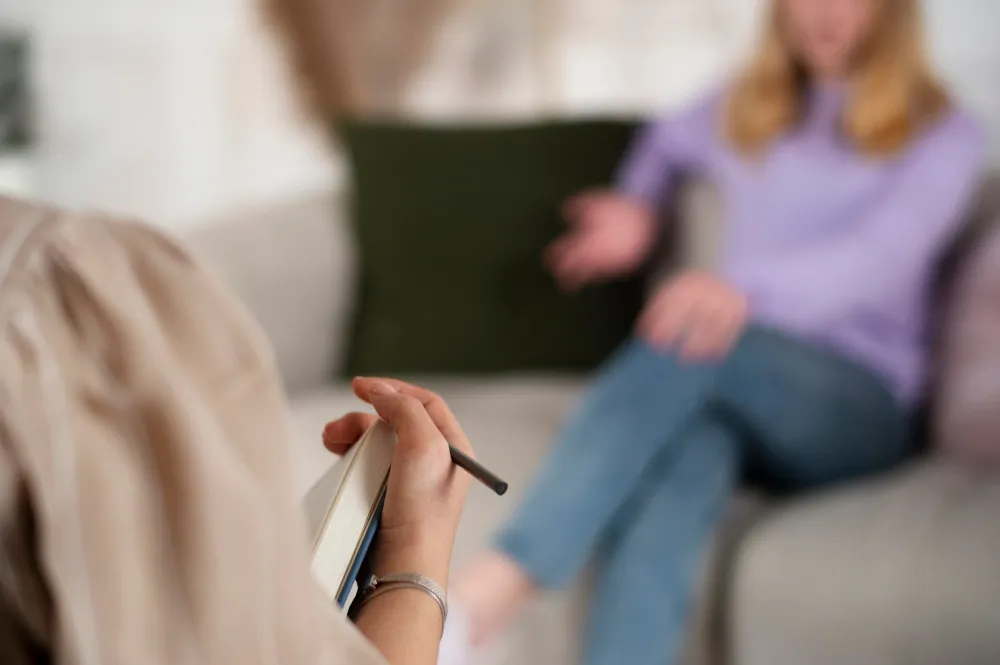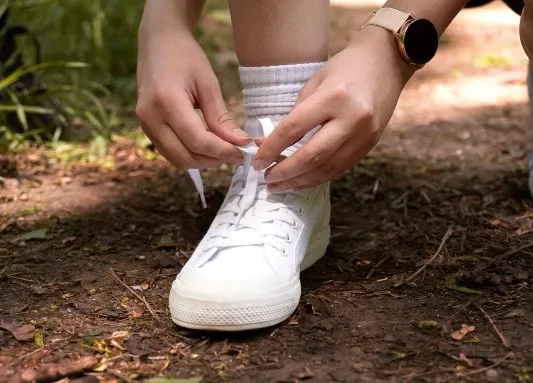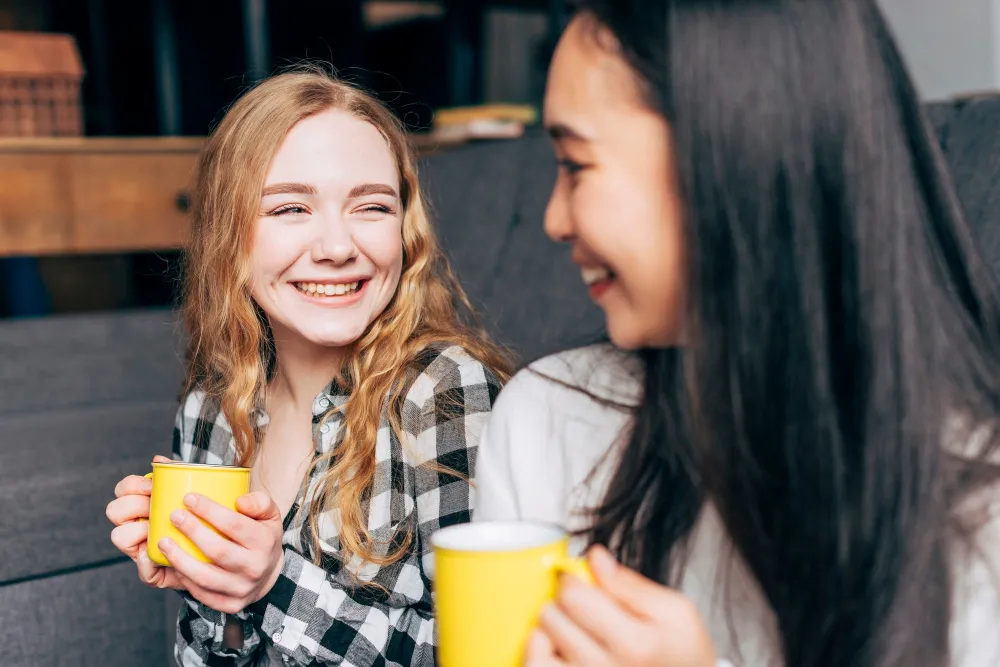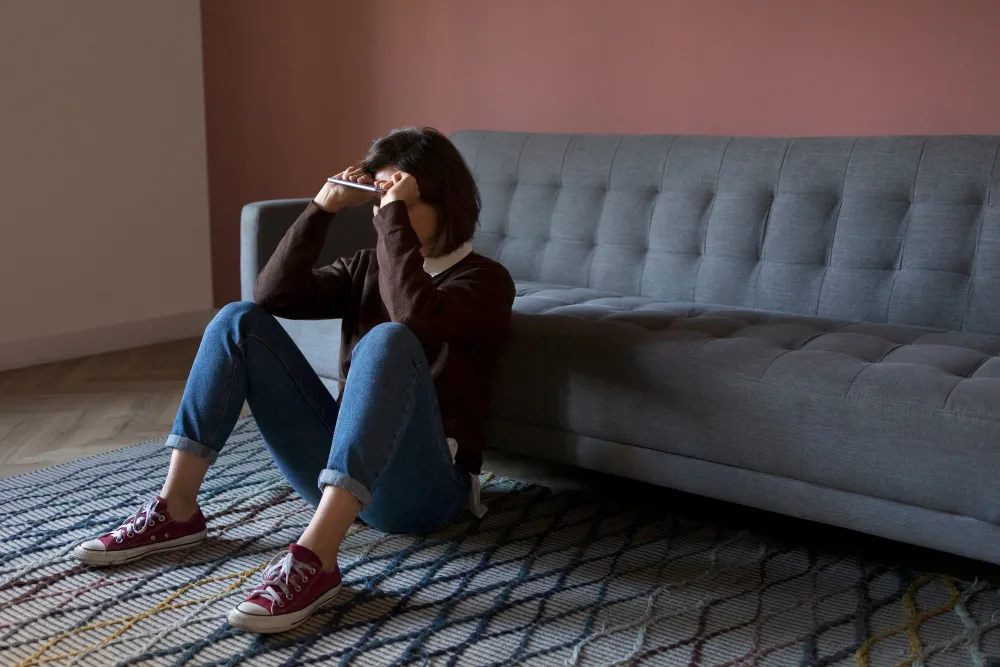Anxiety
Understanding and Managing Anxiety
Anxiety is a disruptive, and at times debilitating illness, that can feel like a relentless storm. If you're struggling with anxiety, you're not alone. It's a common challenge many of us face, but the good news is that there are effective strategies to manage it and many people find help from psychotherapy.
If you have significant ongoing symptoms you should consult a qualified therapist and/or see a medical doctor. Psychotherapy and anti-anxiety medication are the two best interventions for anxiety and people with high and long-term anxiety may require both for the best outcome.
Recognizing Anxiety
It's crucial to recognize that anxiety is a natural emotion, however, it can become an overblown, irrational, and debilitating set of symptoms that interferes with daily life. People frequently describe anxiety symptoms such as a spinning brain, feeling overwhelmed, out of control, difficulty focusing, disrupted sleep, irritability, agitation and reduced pleasure. They also frequently identify physical symptoms, such as tightness in the chest, pain in the stomach, increased heart palpitations or heart rate, tense neck and/or shoulders, and headaches. Panic attacks lead many people to believe they are having a heart attack or dying.
Finding Help and Hope
It's important to remember that seeking help is difficult for most people and it is a sign of strength, not weakness. Whether it's consulting a healthcare professional, joining a support group, or practicing self-help strategies, taking the first step towards managing your anxiety is a brave and important move.
Coping Mechanisms for Anxiety
Mindfulness & Meditation
Mindfulness/meditation and Mindfulness-based Stress Reduction (MBSR), are scientifically proven ways to significantly reduce anxiety symptoms.
Mindfulness is simply paying attention to one thing in the present moment without judgment. When you are mindful you are “just noticing,” one of your five senses without judgment. This is extremely difficult when your anxiety is high, but even briefly shifting your mind from the future or past to the present moment, strengthens the calmer part of your brain.
To strengthen the calm part of your brain and reduce your anxiety, you will need to redirect your brain over and over again. There are thousands of mindfulness videos and audio files on the internet that can guide you, including popular apps for your phone such as Headspace or Calm.
Mindfulness is hard work and requires ongoing awareness and practice.

Cognitive-Behavioral Therapy (CBT)
CBT is a highly effective treatment for anxiety, helping to identify and challenge negative thought patterns, and teaching coping strategies for dealing with anxiety-inducing situations.
The Cognitive Triangle (thoughts, feelings and actions), is a way to identify unhealthy thought patterns and identify and learn healthier ways of thinking and acting which in turn can build more positive feelings.

Physical Activity
Regular exercise can decrease anxiety levels, improve mood, and enhance overall well-being.
Even a short daily walk can make a difference, but higher intensity exercise for those who are able, can lead to even better results.

Healthy Lifestyle Choices
A regular and balanced diet, adequate sleep, and limiting caffeine and alcohol intake can significantly impact your anxiety levels.
These basic self-care measures are often underestimated but crucial for mental health.

Social Support
Connecting with others, whether through support groups or talking to friends and family, can provide comfort and reduce feelings of isolation often associated with anxiety.
Social isolation and withdrawal from activities that may lead to anxiety is apt to lead to increased anxiety. It is important to learn how to face our anxiety by using healthy coping strategies.

Anxiety Resources
Here are some resources that can help with anxiety. These are not meant to be a substitute for therapy, but can be a helpful supplement. Lassen Counselling has no affiliation with any of the following resources unless otherwise stated, and cannot guarantee the accuracy of the information provided.
Mindshift App
Anxiety CanadaAnxiety Canada offers a free app called Mindshift, designed for “evidence-based anxiety relief”
HeadSpace
headspace.comHeadspace is your lifelong guide to better mental health. Through evidence-based meditation and mindfulness tools, sleep reso...
The Anxiety and Phobia Workbook
by Edmund J. BourneWith this workbook, you'll learn a range of proven methods for overcoming anxiety, such as relaxation and breathing technique...
The Anxiety Toolkit: Strategies for Fine-Tuning Your Mind and Moving Past Your Stuck Points
by Alice BoyesIn The Anxiety Toolkit, Dr. Alice Boyes translates powerful, evidence-based tools used in therapy clinics into tips and trick...
Mind Over Mood: Change How You Feel by Changing the Way You Think
By Dennis Greenberger , Christine PadeskyReaders learn to use mood questionnaires to identify, rate, and track changes in feelings; change the thoughts that contribut...
Meditation 101: A Beginner’s Guide
www.gobblynne.com“Meditation 101: A Beginner’s Guide.” A short, informative animation
How Mindfulness Empowers Us
Twill“How Mindfulness Empowers Us.” A short animation about an important aspect of anxiety.
Anxiety and Depression Association of America (ADAA)
ADAAADAA is an international nonprofit membership organization dedicated to the prevention, treatment, and cure of anxiety, depre...
National Institute of Mental Health Website
NIMHTo transform the understanding and treatment of mental illnesses through basic and clinical research, paving the way for prev...
Centre for Clinical Interventions Worksheets
Centre for Clinical InterventionsFor practical exercises and worksheets to help manage anxiety, the CCI (Centre for Clinical Interventions) offers a range of ...
